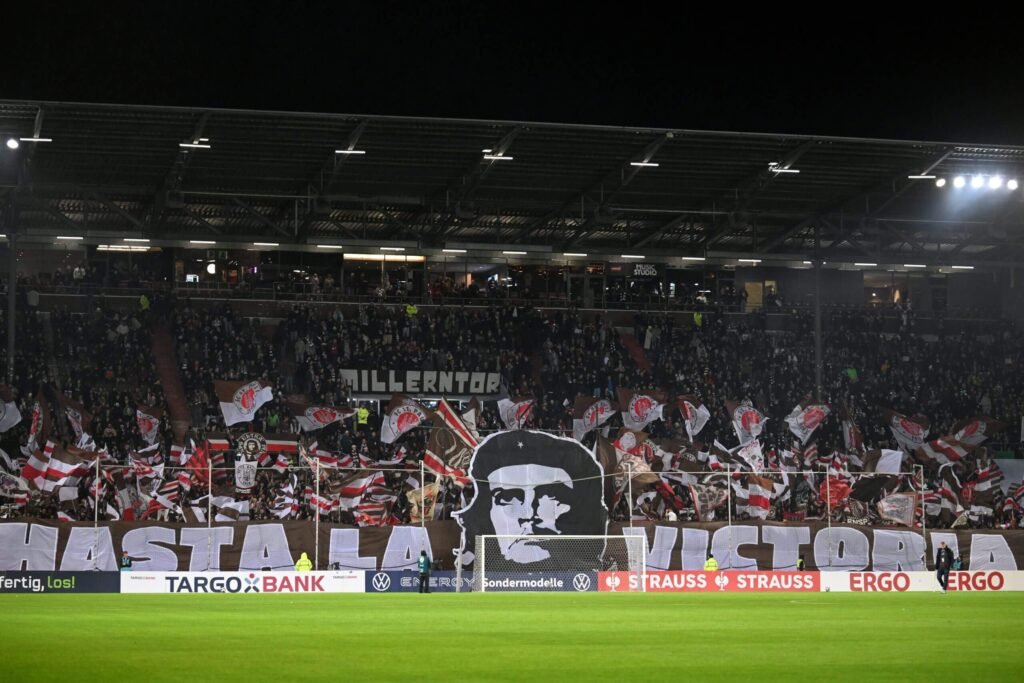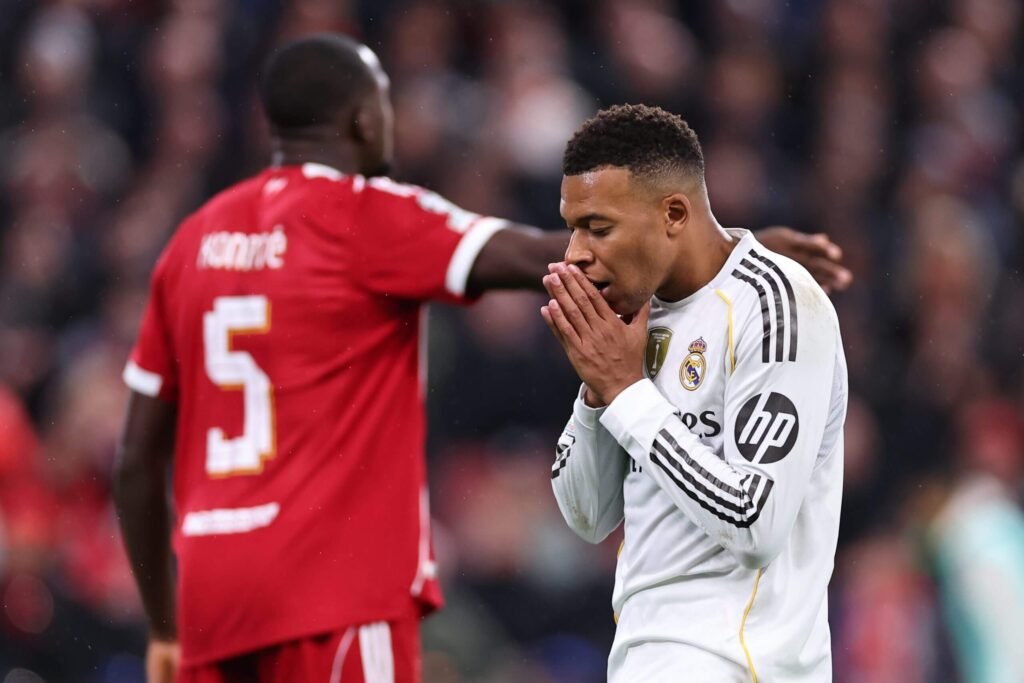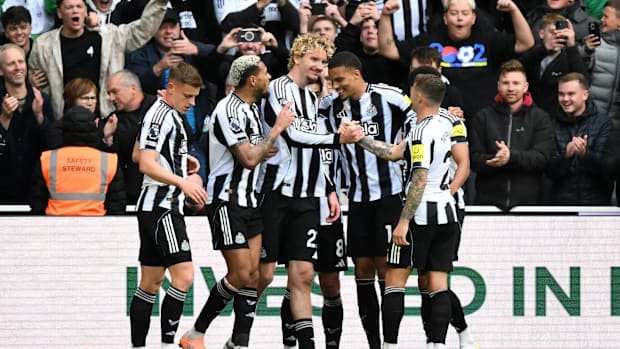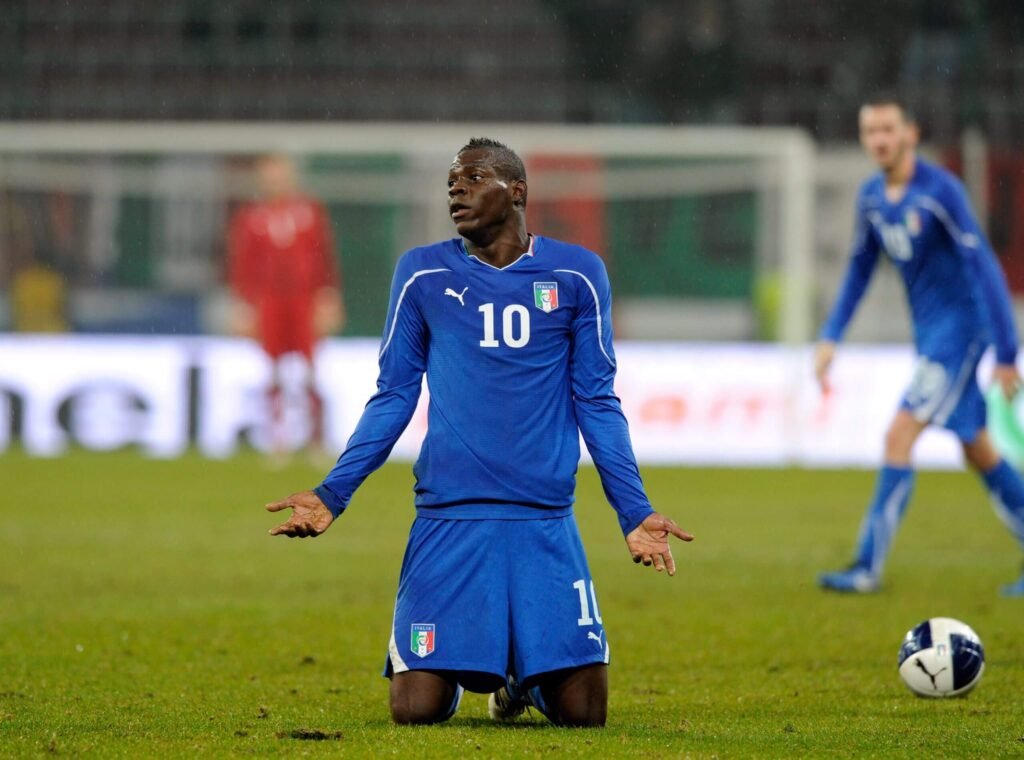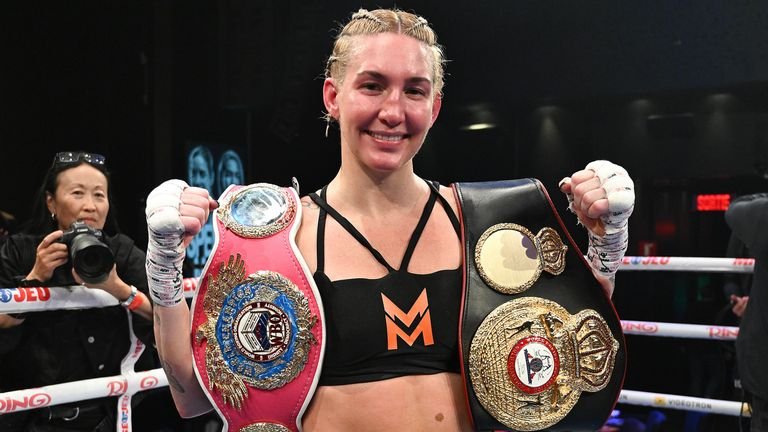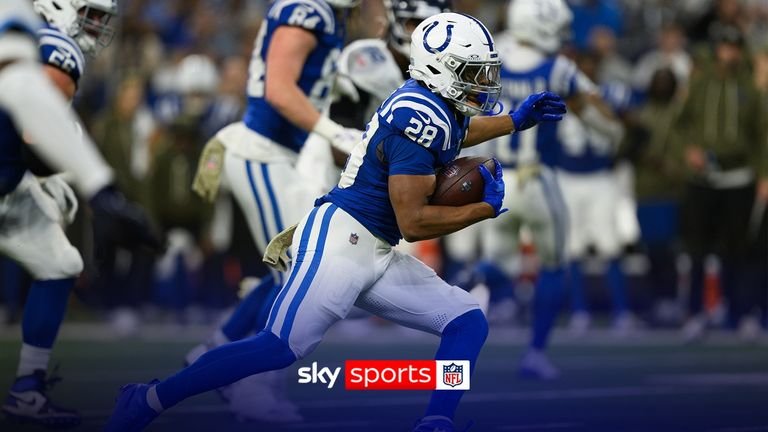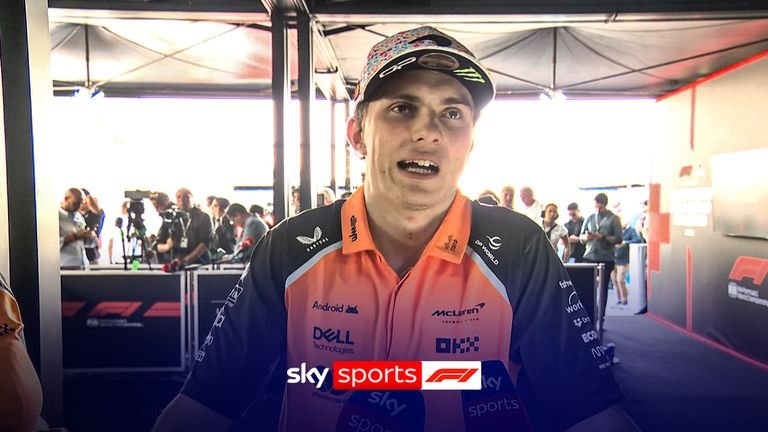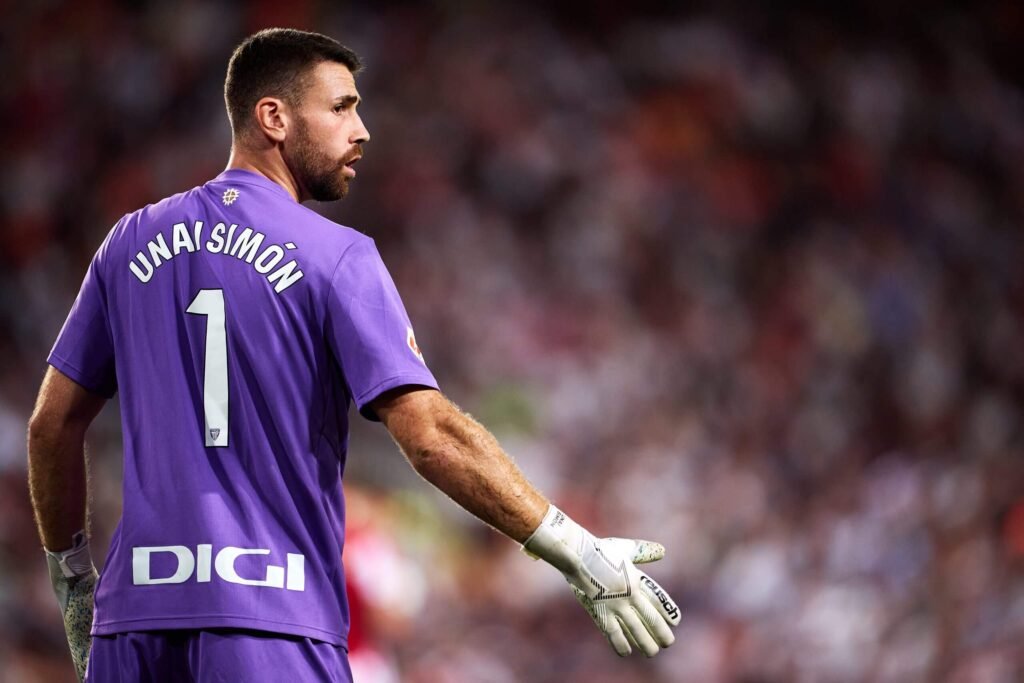Time flies when you’re watching a paradigm shift in English football.
With 10 gameweeks complete, we are already over one-quarter of the way through the Premier League season, and we are experiencing the biggest stylistic change for nearly a decade.
More long balls, an even greater focus on set pieces, and a shower of throw-ins launched straight into the box — things have been less cultured and more agricultural in the opening months.
While these early-season quirks start to become sustainable trends, the Premier League table has also started to take shape after 10 games. There is still plenty of football to be played, but this is The Athletic’s annual public service announcement for the third season in a row: the table is not going to shuffle as much as you might think by the end of the season.
Since the inaugural 20-team Premier League season in 1995-96, more than approximately one-third of teams have shifted by just one place — or stayed in the same position — when comparing matchweek 10 to the final standings.
We tend to place greater stock in the league table after an arbitrary figure of 10 games, but maybe deep down it is because we know just how much it reveals about what lies ahead.

Arsenal top the table with a magnificent defensive record, keeping a clean sheet in seven of their opening 10 games — conceding just three goals in total, which is a club record in the Premier League at this stage of the season. Opta’s predicted league table currently has Mikel Arteta’s side to finish on 81 points by the end of the season, with a 70 per cent probability of winning the title for the first time in 22 years.
Sunderland are the surprise package of the season, with 18 points from their opening 10 games, an undefeated record at home, and a fourth-placed position in the table. No promoted side has been relegated after accruing that many points at this stage of the season, meaning Regis Le Bris might be that bit more confident in planning for the next campaign already.

Granit Xhaka (left) celebrates after scoring Sunderland’s equaliser against Everton (Stu Forster/Getty Images)
Meanwhile, Bournemouth continue to impress with a relentless, direct style of play that other teams are trying to catch up to. Andoni Iraola’s side are looking to refine their style slightly in possession, but playing under the Spaniard continues to be breathless work. Their excellent start means they deserve their fifth-place spot
Things are congested in the top half of the table, with three points separating Aston Villa in 11th and Liverpool in third. In the context of recent seasons, that distribution of teams is particularly tight, underlining how competitive the opening stages of the Premier League have been.
For those with a statistical eye, the standard deviation — denoting the spread of a dataset — is the smallest it has been since 2018-19 at this stage of the season.

For that reason, the trend might be bucked this season — but evidence from previous seasons suggests that the table hardly differs from this point.
A 2019 study looked at match data from 1995 to 2017 and found that the team that topped the Premier League after matchweek 10 had a 77.3 per cent chance of finishing in the top three. Arteta will be reluctant to admit it out loud, but the hard work might have already been done in securing Arsenal’s qualification to the Champions League next season.
A closer look at the findings from that 2019 study highlighted just how stable the wider league table becomes at this stage of the campaign. In the Premier League, the researchers found that 77 per cent of the statistical variance in the final league standings was explained by matchweek 10. By matchweek 20, that rose to 87 per cent. And after matchweek 30, it was 94 per cent.
In other words, looking at the league table as early as November gives a decent indication of the final positions each club will hold. We can look at this ourselves by analysing the relationship between the partial standings after every matchweek with the final league positions during the 2024-25 season.
For the data-minded readers among you, this is calculated using a correlation analysis (Spearman’s rank), which provides a value (between -1 and +1) on the strength of the relationship between the sets of data points.
A higher ‘r-value’ denotes a stronger relationship. Tracking this across each matchweek, we can see the strength of the relationship increase — but note how stable things look after just a quarter of the campaign.

Of course, there is one crucial caveat to these findings.
The table might not exactly flip on its head by the end of the season, but for many teams, the difference between a single position could be the difference between a league title, European position, or Premier League survival.
Furthermore, there were some notable exceptions to the rule in 2024-25.
The late-season drop-off from Nottingham Forest sparked the beginning of the tumultuous period they are currently embroiled in. But this time last year, they were firmly in the Champions League spots after five wins, four draws and just a single loss in their opening 10 games. A slide of just four places might not sound huge, but the difference in financial revenue, prospective European opponents and general atmosphere around the club has been stark.
The poster boys for the biggest drop-off last season were unquestionably Tottenham Hotspur. Injuries and all-eggs-in-Europa-League-basket aside, a fall of 10 league places from November to May was the biggest of any side in 2024-25. They won that European trophy, but the tumble down the domestic table cost Ange Postecoglou his job.

By contrast, Newcastle had the strongest climb up the table. True to his 4-3-3 formation principles, Eddie Howe had an indifferent start to the campaign, with four wins, three draws, and three losses in his opening 10 games of 2024-25. However, six wins in seven games across March and April saw Newcastle power through to claim the fifth and final Champions League spot.
Crystal Palace’s fortunes looked worse this time last year after just one victory from their opening 10 games as they flirted with the drop zone. However, a recovery of form and an unbeaten final six games saw Oliver Glasner’s side finish 12th before lifting the FA Cup in May — showing that finishing a season well normally brings more glory than starting it at a canter.
Although there were a few swings in the table, the graphic above shows that the table did have a degree of stability after 10 games. Among the 20 teams in 2024-25, nine either stayed in the same position or shifted by just one place between matchweek 10 and the end of the season.
Not all teams have faced each other yet, but the table has a settled look already — and previous evidence suggests it is unlikely to shift dramatically.

